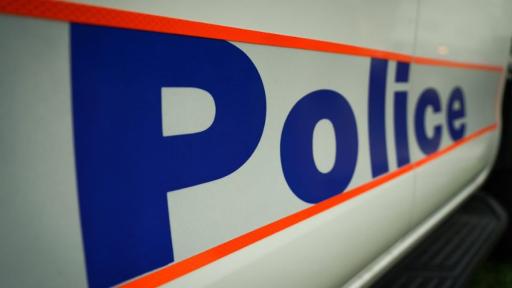Accused rapists will be stripped of the “outdated” protection of anonymity in Queensland within weeks after legislation passed state parliament.
Longstanding laws suppressed the public identification of people charged with rape or other sexual offences until they were committed to stand trial.
A bill passed on Wednesday means they can be named unless there is a suppression or non-publication order.
The changes bring Queensland into line with all other Australian jurisdictions except the Northern Territory and were a key recommendation of the landmark Women’s and Safety Task Force.
Attorney-General Yvette D’Ath said in May when introducing the bill previous protections for accused rapists were based in part on the “outdated and false” assumption women maliciously made up complaints to damage reputations.
“These rape myths have absolutely no place in our society,” Ms D’Ath told parliament on Tuesday.
The sexual offences include rape, attempt to commit rape, assault with intent to commit rape and sexual assault.
People before the courts on sexual offence charges will have 72 hours from October 3 to apply for a non-publication order or they can be named.
Courts must also consider any submissions made or views expressed by or on behalf of alleged victims when considering non-publication orders.
The bill was to come into effect after a media guide was put together for “responsible reporting of sexual violence”.
The laws were fast-tracked after the guide was developed ahead of schedule and would apply from October 3, Ms D’Ath said.
“It is anticipated that the guide will be distributed to media organisations and journalists in advance of the commencement date to assist their reporting on relevant sexual violence matters before the courts,” she said.
Other legislative amendments in the justice bill included greater recognition for deaths of unborn children as a result of criminal conduct.
“Sophie’s Law” recognises the unborn child of Sarah and Peter Milosevic, who was killed in a car accident involving a drunk driver in 2014.
The laws allow the name or description of an unborn child to be stated in relevant indictments and require courts to treat ending an unborn child’s life as an aggravating factor in sentencing for serious offences such as murder, manslaughter, grievous bodily harm and dangerous operation of a vehicle.
Mr and Mrs Milosevic have long campaigned for the law and were in the parliamentary gallery, where the attorney-general shared some words on behalf of the family.
“This law reform has brought peace to myself, my husband and our children,” Ms D’Ath said.
“Peace in knowing the loss of her life wasn’t for nothing, that she counted, that Sophie mattered and that all babies matter.”
Ms D’Ath said the reforms better recognised the death of an unborn child as a result of criminal conduct and struck the right balance between a range of competing elements in the criminal justice system.
1800 RESPECT (1800 737 732)
National Sexual Abuse and Redress Support Service 1800 211 028











